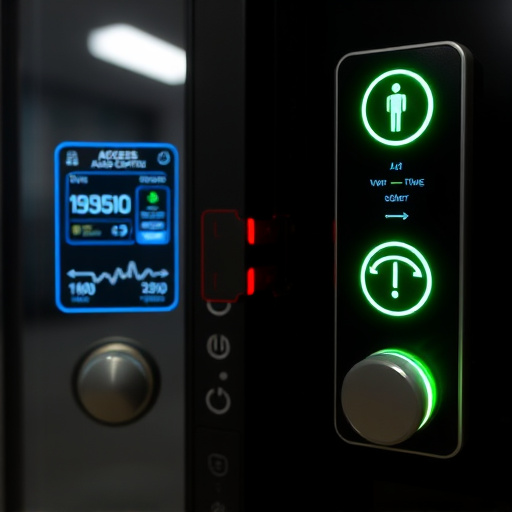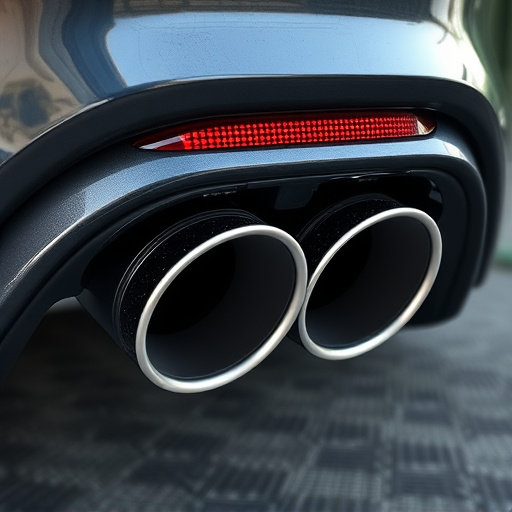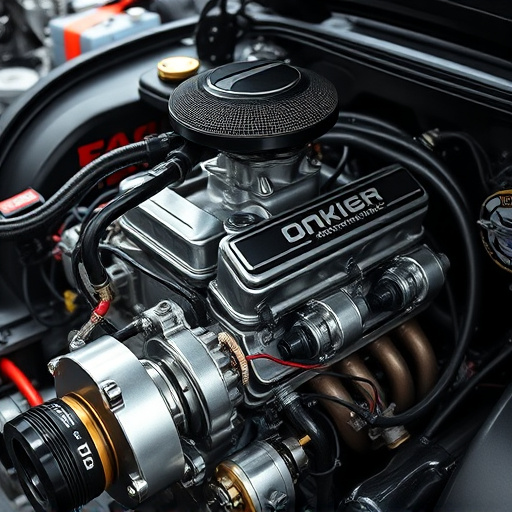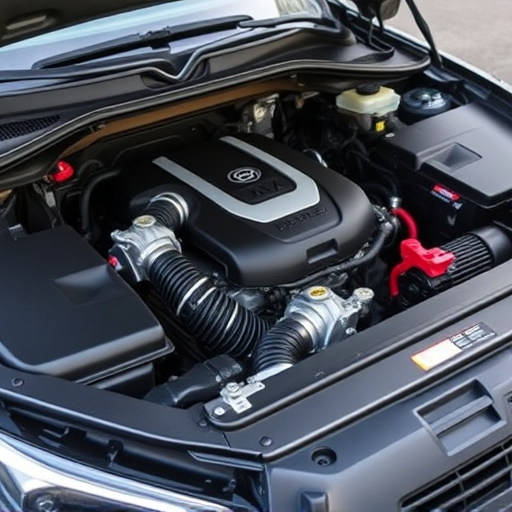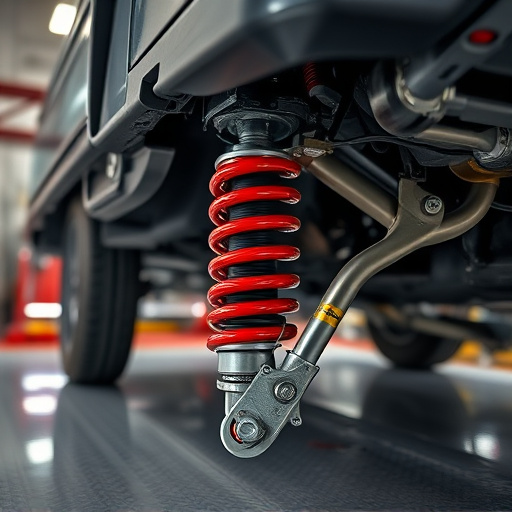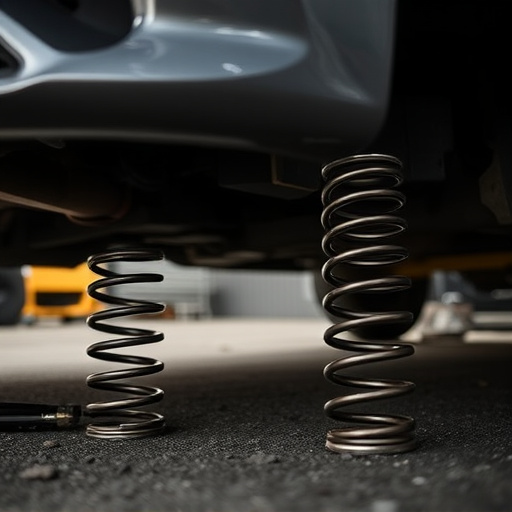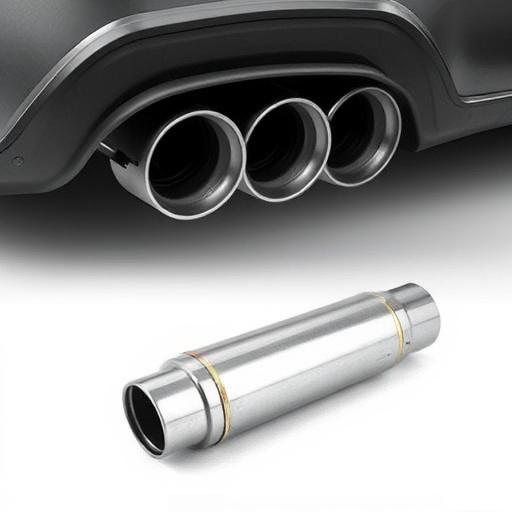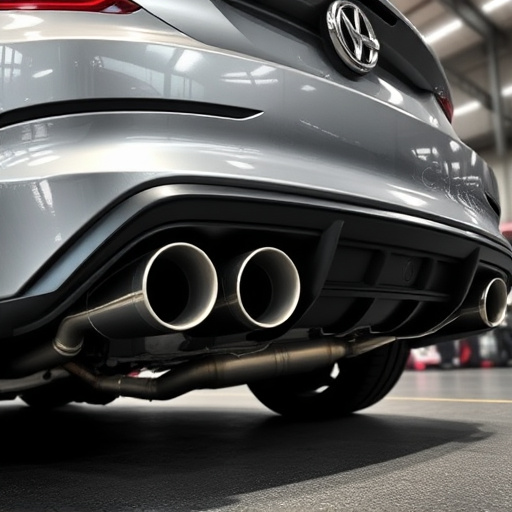Dry air filters revolutionize vehicle performance by enhancing airflow efficiency into the engine, leading to optimal fuel combustion, improved engine performance, and better fuel economy. With minimal maintenance, they offer cost savings and sustainability, and when paired with other upgrades like high-quality brake pads and custom air filter kits, they elevate overall vehicle health and performance.
Dry air filters have emerged as a simple yet effective way to boost your vehicle’s fuel economy. This essential component plays a crucial role in enhancing engine performance by allowing cleaner, drier air into the combustion chamber. By removing moisture and contaminants, dry air filters support optimal fuel burning, leading to improved mileage. This article explores the science behind their impact on fuel efficiency, provides insights on installation, and offers tips for maximizing the benefits of adopting a dry air filter.
- Understanding Dry Air Filters and Their Functionality
- Impact on Fuel Efficiency: The Scientific Explanation
- Integrating Dry Air Filters for Optimal Benefits
Understanding Dry Air Filters and Their Functionality
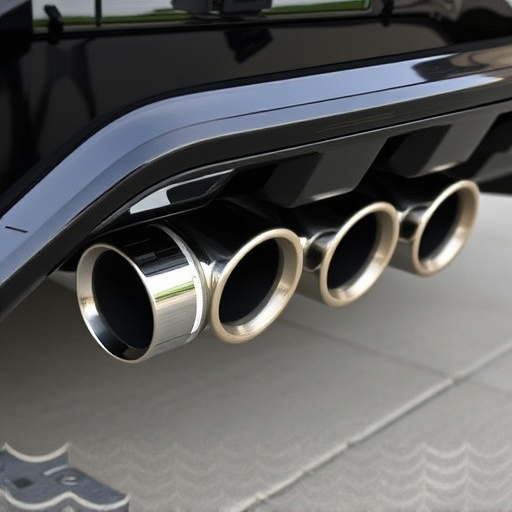
Dry air filters are designed to enhance vehicle performance by improving airflow into the engine. Unlike traditional air filters that can become clogged over time, dry air filters utilize a unique technology to maintain their efficiency. They operate by drawing in ambient air and passing it through a highly porous media, capturing pollutants and particles while allowing clean, dry air to reach the engine. This process ensures optimal fuel combustion, leading to improved engine performance and slightly better fuel economy.
These filters are particularly beneficial as they require minimal maintenance compared to traditional or performance air filters. Unlike wet or oil-based filters that necessitate regular replacement due to contaminated media, dry air filters can last for thousands of miles before needing attention. This longevity not only reduces maintenance costs but also contributes to a more sustainable driving experience. Moreover, some vehicle owners install custom air filter kits as part of their engine tuning process, which can further enhance performance alongside high-quality brake pads for overall vehicle health.
Impact on Fuel Efficiency: The Scientific Explanation
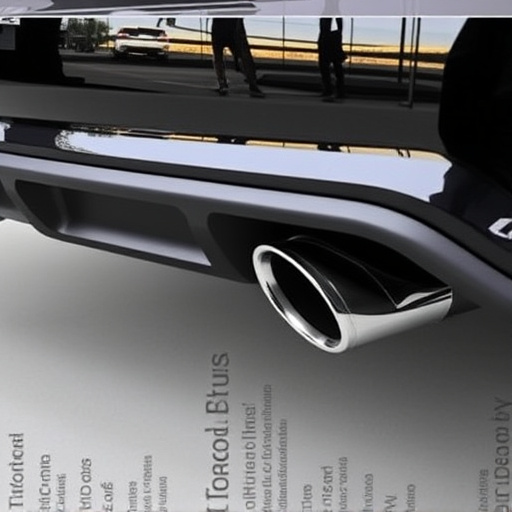
The impact of a dry air filter on fuel efficiency can be attributed to its ability to optimize the internal combustion process within an engine. By allowing cleaner and drier air to enter the engine, the filter reduces the amount of moisture and contaminants that can accumulate and potentially disrupt the ignition and burning of fuel. This results in improved combustion efficiency as the engine receives a consistent supply of high-quality air, leading to slightly better fuel economy.
In terms of vehicle performance, a dry air filter contributes to enhanced overall efficiency by reducing the strain on the engine. Contaminated or damp air can cause additional wear and tear on suspension components and other critical parts due to the extra work required for proper combustion. With a dry air filter in place, the engine operates more smoothly, leading to better vehicle performance and potentially longer service life for various suspension kits and other mechanical elements.
Integrating Dry Air Filters for Optimal Benefits
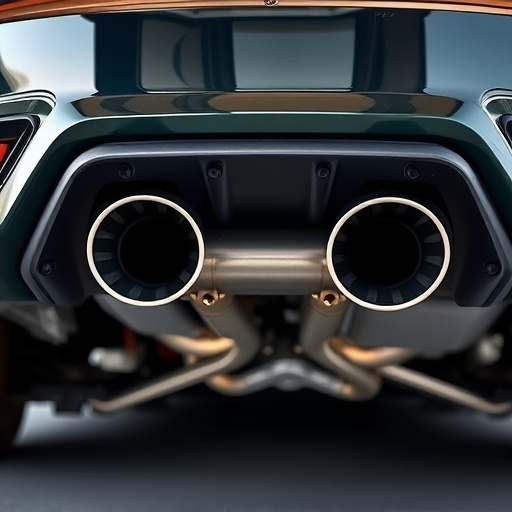
Integrating dry air filters into your vehicle’s system can significantly enhance its overall performance, especially when combined with other modifications like a cat back exhaust or exhaust mufflers. The key lies in ensuring optimal airflow to the engine. By replacing the standard air filter with a high-flow dry air filter, you allow for a greater volume of clean, dry air to enter the combustion chamber. This simple upgrade can lead to improved fuel economy and slightly more powerful engine performance, as the engine receives the precise amount of oxygen it needs for efficient burning.
When considering additional upgrades such as new brake rotors or other engine components, the impact of a dry air filter becomes even more evident. It serves as a foundational element that supports the overall health of your vehicle’s breathing system. By maintaining optimal airflow, the dry air filter ensures that these high-performance parts can operate at their best, maximizing the benefits of every modification you make.
Dry air filters play a surprising yet significant role in enhancing fuel economy. By optimizing airflow and reducing drag, these filters contribute to a slight but measurable improvement in fuel efficiency. Integrating dry air filters into your vehicle’s system is a straightforward and cost-effective step that can lead to considerable savings over time. Remember, understanding how they work and ensuring proper maintenance are key to maximizing their benefits.




